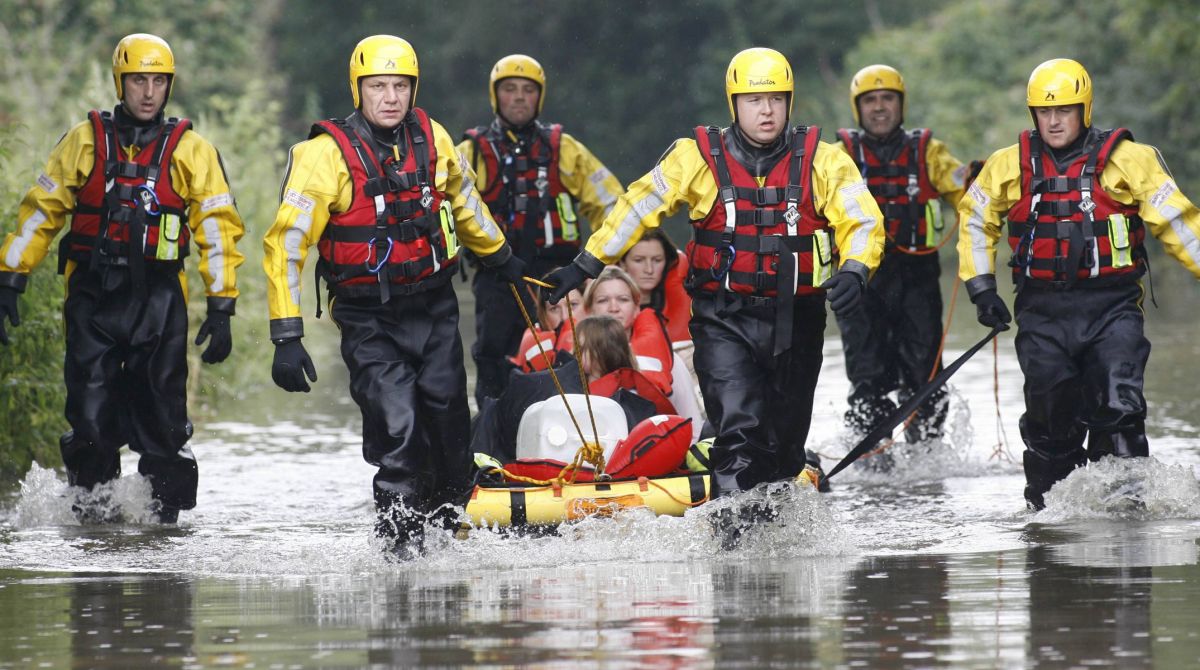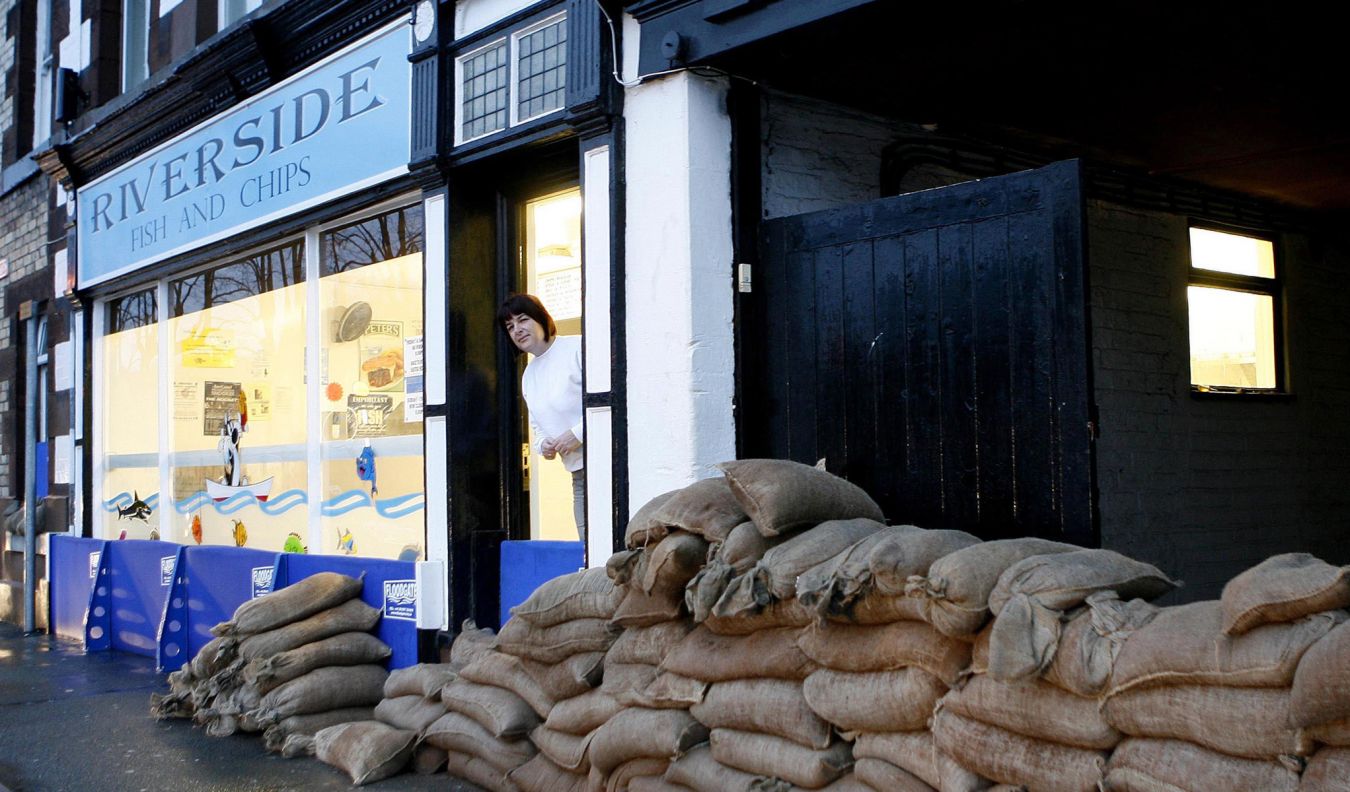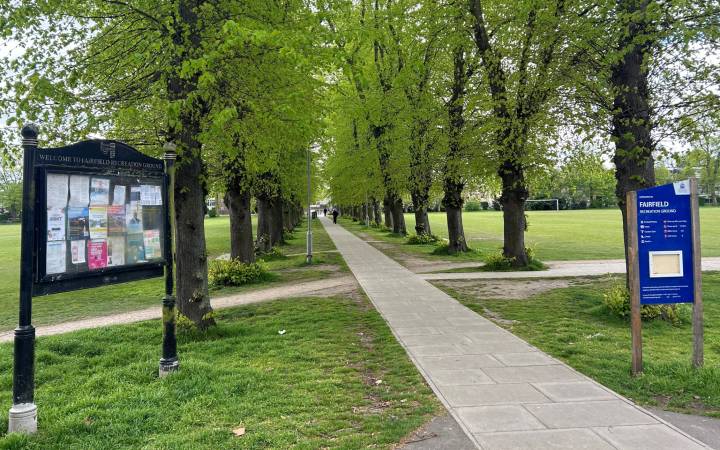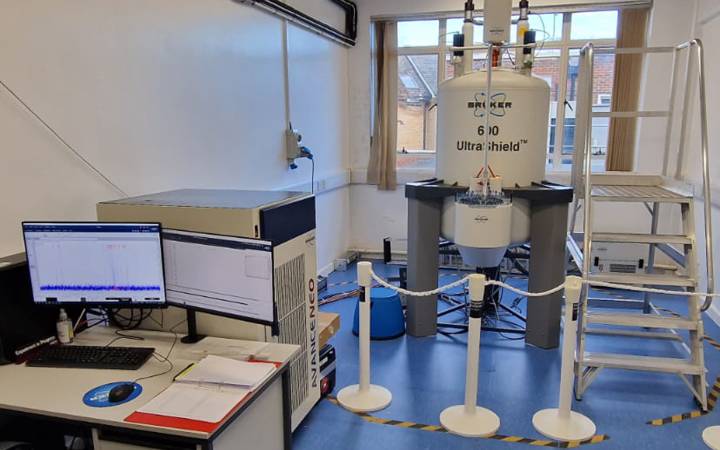When will Britain wake up to the link between climate change and flooding?
Posted Thursday 14 January 2016

Flood expert Dr Tim Harries comments on the recent floods.
The UK has experienced serious and sustained flooding three times in ten years: in 2007, 2013-14 and, most recently, December 2015 to January 2016. This suggests to me an escalation in severity and frequency that is consistent with predictions by climate change experts. It also suggests a need to reimagine the way we live with rivers, the sea and the rain; we need to create a ‘new normal' that includes resilience, retreat and acceptance as well as flood defence. Large-scale defences will never be good enough or big enough to keep us all safe; this would be enormously expensive and would ruin the character and environment of our towns and cities.
The media continues to focus on who is ‘to blame' when flood defences prove inadequate. My research into the emotions of flooding enables me to understand this. Anger and blame are strategies that people use when they want to deny ideas that provoke anxiety and undermine their feeling of security. By blaming someone else for flooding, we are able to sustain the illusion that Britain is an essentially safe place and that climate change will not affect us here in our homes and businesses. However, this natural and normal response is preventing the UK from adapting to climate change and from making the adaptations that would reduce the damage, disruption and distress caused by the recent floods.
We need to change the way we use areas that are prone to floods. That means withdrawing from some of the areas most at risk and, in less risky areas, changing the way homes are built, furnished and refurbished so that they are less vulnerable to flooding, businesses can reopen sooner after a flood and people only have to be evacuated from their homes from weeks rather than months.

The biggest challenge of all will be learning to accept that floods will happen and cannot always be stopped. A big part of the damage caused by floods is the anxiety experienced by those that have been flooded and their fear of a repeat event. Only when we both normalise floods and take the edge off their physical impacts can we achieve a ‘new normal' in which floods are bothersome and disruptive without necessarily being catastrophic.
Contact us
- For non-student research enquiries, email the Research Support Office
- Research Support Office contacts
- Graduate Research School contacts
- Business and Enterprise Centre contacts
- How to get to Kingston University



